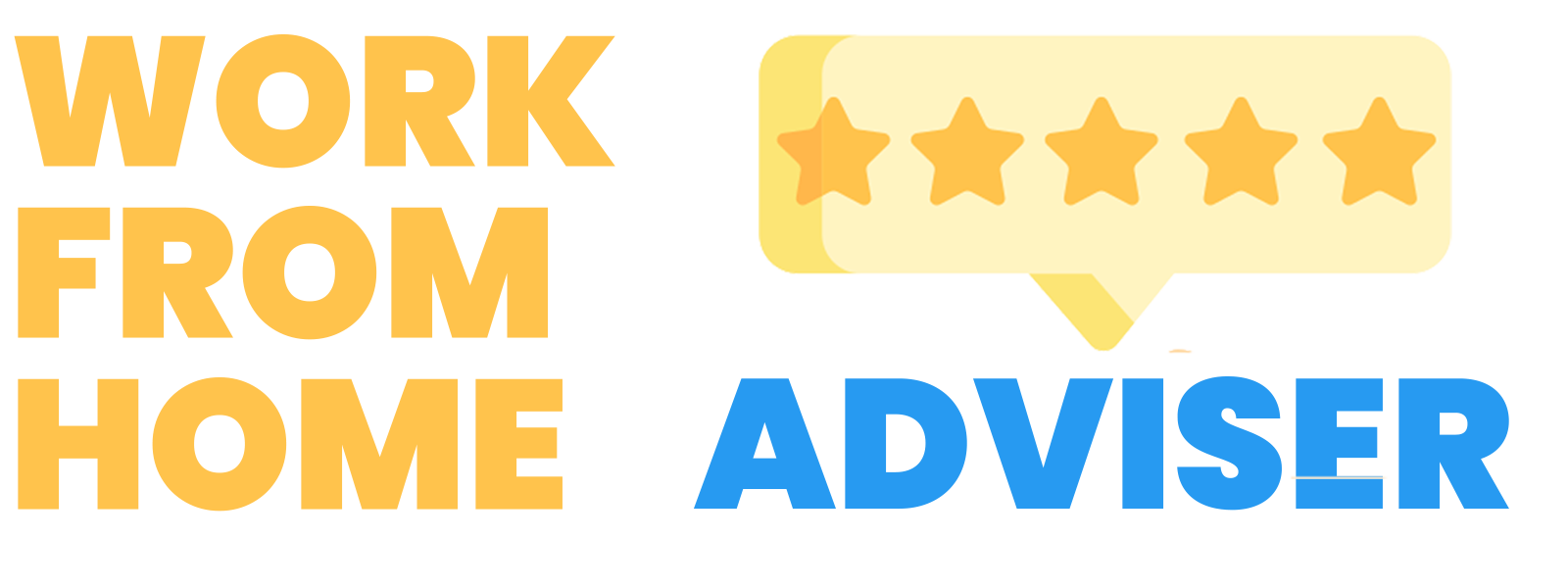Millions around the world made a rapid transition to remote work in the wake of Covid-19. Not surprisingly, this has some employers concerned about preserving efficiency for workers. But, in this unprecedented scenario, what they really should be worried about is a longer-term risk: employee burnout.
Defining Burnout
Google announced a day off for 120,000 employees. Why did they do this? Because they want a more productive workforce and one not suffering from burnout. 35% of employees at Salesforce have expressed feeling depressed and overwhelmed according to founder and CEO Marc Bennioff. He too wants all of his workers to take time away from work. Salesforce and Google know what burnout can harm their firms, their core performance, and the cultures they have built.
Risk from burnout is substantial. Perhaps you have felt it recently. All day meetings and non-stop calls. Staring at your monitor all day. It is bad for your operational performance, it can impact the culture of your team or firm, and it can prevent you from leading a productive and healthy existence. Sitting at your executive chair all day is not healthy! Your firm will likely face a similar fate if you feel this way. The borders between work and non-work are blurring in new and unexpected ways and many workers who first work remotely are likely to struggle to establish healthy boundaries between their professional and personal lives.
They can believe they have to work all the time to show their commitment, dedication and productivity. Afternoons will blend with evenings; weekdays will blend with weekends; and there will still be no sense of time off. Some workers can be required to carry on operating remotely for several months. I have a friend at a large US consulting firm. His company has seen a 27% decrease in vacation days spent by employees despite an open vacation policy for all staff. Why are people working more and taking less time to recharge? They are worried about their job security and are fearful in this economy. Perhaps you are as well.
Lots of research indicates that it is important to draw distinctions between our professional and personal lives, particularly for our mental health. But, even in the best of conditions, it is very hard. That’s because the information economy has fundamentally changed what it means to be an “ideal” and “active” worker in no small ways.
Ample research demonstrates that workers frequently struggle involuntarily to establish boundaries with their managers, colleagues and employees. Sending job emails outside working hours is one way they do so. In five studies involving more than 2,000 working adults, the majority of senders of after-hours work emails underestimate how recipients feel obligated to respond instantly, even when speed of reply doesn’t add value or is unnecessary.
And, despite the exceptional situation and many of us are in today as a result of Covid-19, we need to ask: how can workers continue to compartmentalize their work and non-work lives? How can you avoid burnout? How would we “leave our job at the door” if we don’t go out the door any more and we are always near a computer with a wifi connection? What will bosses, supervisors and colleagues do to help each other deal with this?
Here are three simple, effective, and powerful things you can do today to reduce your chances of burnout.
Ruthlessly Prioritize
I once sat down for a 1:1 with the CEO of one of the largest technology firms in the world. He noted that he gets thousands of emails in a day. The key, he explained, was realizing that many were neither important nor urgent. Some, however, were important or ugent. And a handful – where he really spent his time – were both important and urgent.
Jeff Bezos, the founder and CEO of Amazon, noted a similar learning. He said that he, and other executives at Amazon, are well paid to make just a few really important and high impact decisions. “Think about it, as a senior executive, what do you really get paid to do?” Bezos asked. “As a senior executive, you get paid to make a small number of high quality decisions. Your job is not to make thousands of decisions every day.”
If the leaders of great companies and massive labor forces are ignoring the noise, you should too. Figure out the two or three things that really genuinely matter and ruthlessly prioritize these things, people, projects, launches, or work-flows. Your likelihood of burnout will decrease if you don’t stretch yourself thin.
Shortly before stepping down from office, President Barack Obama gave a speech to journalists. Instead of having a countdown “bucket list” he had a list of things that he wanted to accomplish that rhymed with “bucket” (you can use your imagination). This is a great way to avoid burnout: know what you need and want to do, and do just those things. Avoid the noise, block it out, and focus on what truly matters.
Maintain Mental and Physical Boundaries
I had a very impactful manager who is now an executive at Facebook. This manager worked very hard and was always switched on. Until he wasn’t. This person played a key role in helping me learn this vital skill to avoid burnout.
When you are not “working,” do not work. Yes, that means avoiding thinking about work, checking your email, or making client calls. Think about other things that make life worth your living – your health, your family, the weather, home improvements, the acquisition of new life or artistic skills.
Step away mentally and physically if possible. This will improve your work performance and help you do better work when you are “on.” Most importantly, it will give you time to recharge. This process will help you avoid burnout in the short and long term.
It is ok also to push back on internal and external stakeholders with respectful language. I have had clients ask me to go above and beyond to solve a problem. Sometimes, when I am able to do so, I happily oblige. When the cost is too great, I respectfully say no. I maintain boundaries and you should too. People will respect your stance and you will be better for having one. Boundaries can be tied to time (i.e. I won’t take a meeting at 8pm when I am putting my nephew to sleep) or it can be tied to other metrics. Figure out what matters to you and, per the first piece of advice, ruthlessly prioritize.
Find Joy In the Little Things
The Dalai Lama was once asked what surprised him most about humanity. His reply provides context for a third key pillar of avoiding burnout: being grateful, living in the present, and showing appreciation. His exact words are worth quoting directly: “People sacrifice health in order to make money. Then people sacrifice money to recuperate health. And then the person is so anxious about the future that he or she does not enjoy the present; the result being that this individual does not live in the present or the future. He lives as if he is never going to die, and then dies having never really lived.”
If you want to avoid burnout, try to appreciate small wins and progress in your life. A funny joke, a good conversation, a hot bath, a run. Feeling and expressing gratitude are well documented with improvements in mood and outlook. These changes in disposition can lead to greater feelings of perspective, control, and contentedness.
In summary, you will want to monitor feelings of burnout and avoid them by prioritizing your time and work, maintaining boundaries, and finding joy in even simple or small things. These steps will help you do more effective work, feel better, and realize that working from home is a marathon and not a sprint.






